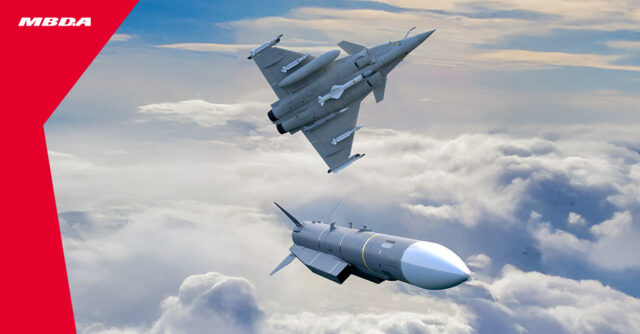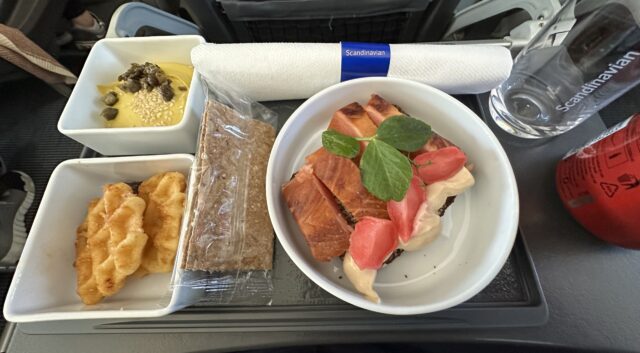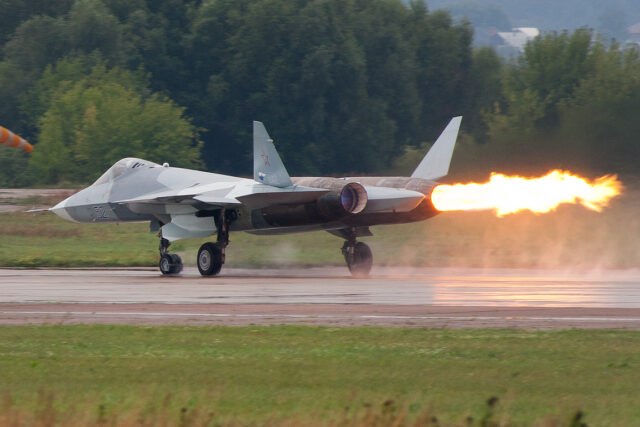Can Australia handle another startup airline? Koala Airlines seems to think so, even if its creditors disagree

August 7, 2025

Australian startup Koala Airlines is planning to launch domestic flights late next year. It still lacks aircraft, and its AOC is uncertain. However, Koala’s CEO, Bill Astling, told The Australian Financial Review the airline has backers who “understand aviation.”
Koala Airlines bought “a 50-year legacy” in aviation
Despite not flying yet, Koala boasts a 50-year aviation legacy. Its registration date is April 23, 1970, according to ASIC records, because Koala Airlines acquired the long-serving Desert Air Safari Pty Ltd in 2019.

Desert Air operated leisure flights within Australia and to Papua New Guinea and the Pacific Islands. Initially, the airline operated DC-3 aircraft, then expanded with twin jets. In 1998, Desert Air consolidated operations at Adelaide Airport. However, none of the former tour operator’s assets or base of operations carried over.
Koala Airlines lists an AOC on its website (CASA.AOC. #0317). However, that number does not currently appear on the list of registered operators at the Civil Aviation Safety Authority. The airline also states on its website that it is waiting for aircraft to “upgrade” its AOC.
For now, Koala is based out of the Galleria Melbourne, according to its Google listing and registration.
Koala Airlines’ sit-and-wait attitude to flying
Whatever the case, Koala Airlines has embraced a “sitting” and waiting position since 2019.
“We’ve deliberately kept a low profile – not because we’re stalling, but because we’re building something with a long-term, sustainable foundation,” Astling said. “We’ve learned from the past – both ours and the industry’s – and we’re taking a disciplined, strategic approach.”
Despite the “no drama” preference of its mascot koala “certified” sitting consultant, Koala Airlines has survived a winding-up application, filed earlier this year by creditor Wealth Creation in the Victorian Supreme Court. It was dismissed with the consent of both parties.
Koala remains little more than a virtual airline, but it aims to be something else; just what is still unclear.
“We’re not trying to be Qantas or Virgin – our model is fundamentally different, and that’s why we’ve attracted the backing we have,” Astling said, though providing no specifics on how the model varies.
Koala eyes Boeing 737 MAX 8
The airline is eyeing Boeing 737 MAX aircraft for its fleet. It shows off 737 MAX 8 renderings featuring its livery on its website, but has placed no aircraft orders.
“We’re on track to start operations late next year, but we’re not in the business of giving our competitors a 12-month head start,” Astling said.
The timing of the latest announcement gives competitors more than 12 months’ notice, and Koala has been a potential startup for the past six years.

Whenever Koala Air launches, it will need to survive the high costs and thin revenue streams that have ultimately caused other new airline entrants in Australia to fail.
Koala Airlines relies on a small aviation team for now
The management team listed for the airline consists of seven individuals, four of whom have aviation experience.
- Bill Astling, Koala Airlines’ founding CEO, has been involved in the aviation and tourism industry for over 45 years. In the bio listed on the airline’s website, he claims “extensive experience in aviation management, airline restructuring, operations, aircraft chartering, strategy and customer service, with expertise in stakeholder engagement across all levels of business.”
- Sally Spring MBA, Chief Operating Officer, began her aviation career with Air UK 1997, which became KLM UK. Spring was also involved with the launch of Buzz in 2000. In 2003, she joined Astraeus Airlines, a UK charter carrier. After relocating to Dubai in 2006, she worked for The Emirates Group as a Senior Lecturer and Programme Manager at Emirates Aviation University.
- Keith Bolshaw, CFO and Aviation Consultant, has worked in various senior roles in aviation over the past 30 years, including as a Board member / CEO of various airlines. Bolshaw has been involved in Koala’s development since 2018 and has worked on the airline’s financial model. The airline states, “Keith will negotiate the leases, of which he has extensive experience, including 7 of the world’s top 10 aircraft lessors.” This suggests that Koala will be looking to lease its 737s rather than acquiring assets, but even aircraft leasing will require time for launch.
- Unni Nair, Koala Airlines’ Continued Airworthiness Manager, worked for twenty years at Singapore Airlines in various roles and was ultimately appointed as a Senior Quality Engineer. He also worked for eight years as Head of Safety for Singapore Airlines subsidiary AMSA in Australia. Nair is responsible for overseeing aircraft maintenance and engineering, and for regulatory compliance.
Interestingly, Koala also has some interest in expanding into the aviation industry tech space. The airline pitches Koala Tech as an AI-enabled airline operations planning platform on its website. It claims to “optimise every facet of aviation business, from logistics and maintenance to customer service and beyond.”
Anton Meryl Nithianandan, the airline’s Chief Technology Officer, is responsible for Koala Tech. He was Co-founder and CTO of Nuji Ltd, UK, which was acquired by digital payments provider Klarna AB Sweden.
Can Koala Airlines succeed where Bonza and Rex failed?
Koala’s potential launch has garnered attention following the collapse of Bonza and Rex last year. The failure of both carriers has been attributed to insufficient funding, more than any flaw in their business model.

Bonza, which was backed by US private investment firm 777 Partners, was allowed to fail. However, the Australian government has financed Rex, while it is in administration, to keep its essential regional services going.
It is the country’s largest independent regional airline, operating a fleet of 56 Saab 340 turboprops, of which 25 are currently parked.

The carrier ran into financial difficulties after trying to shift its business model. It ultimately abandoned plans to serve domestic trunk markets with Boeing 737 jets.
The government took over about AUD50 million ($33 million) of Rex’s debt from the airline’s largest creditor, and the carrier is seeking a new buyer, possibly with government support. The current deadline set by the court for a sale to resolve the administration is by December of this year. However, the Australian government may buy the carrier if no other investor is found in time.
















